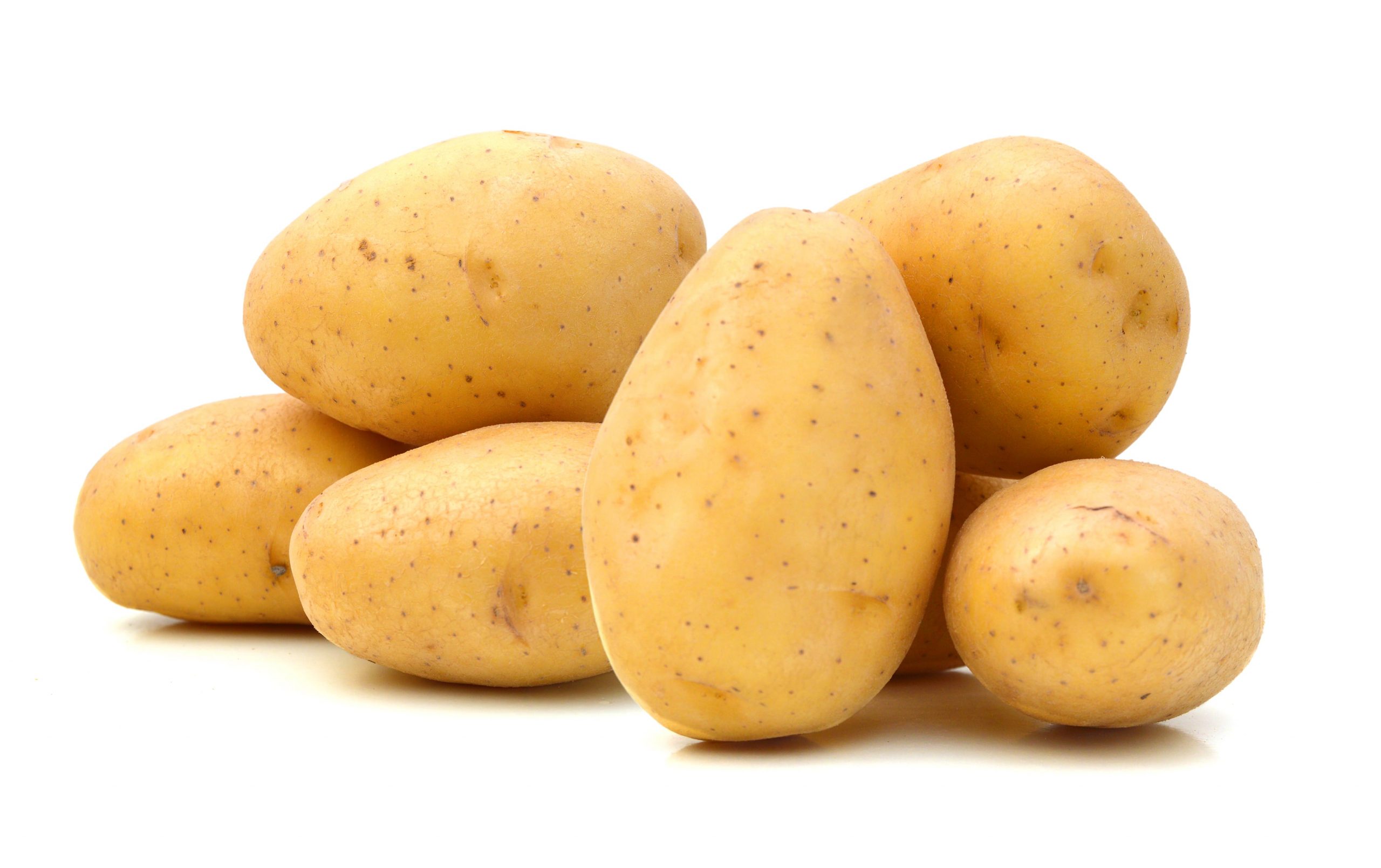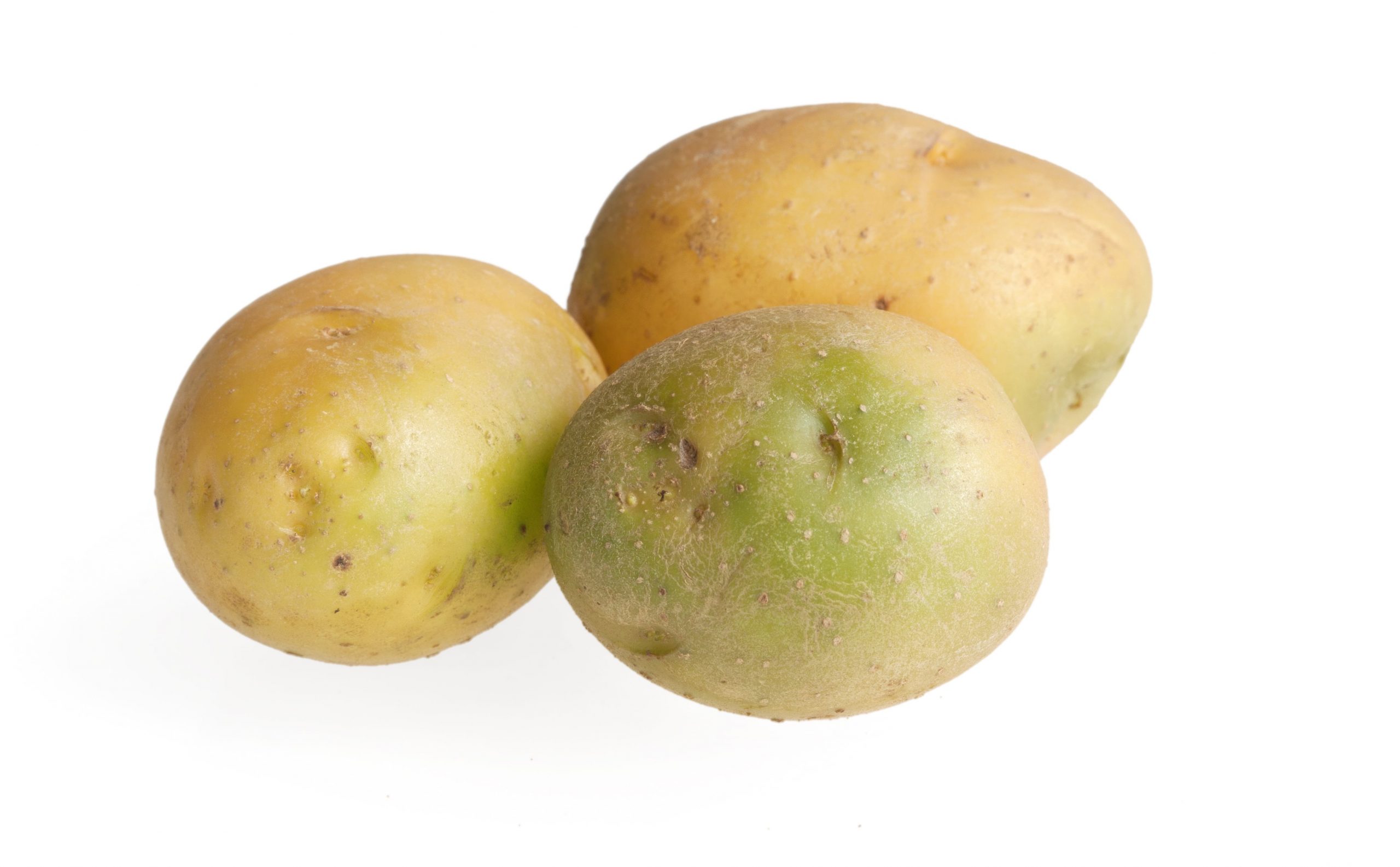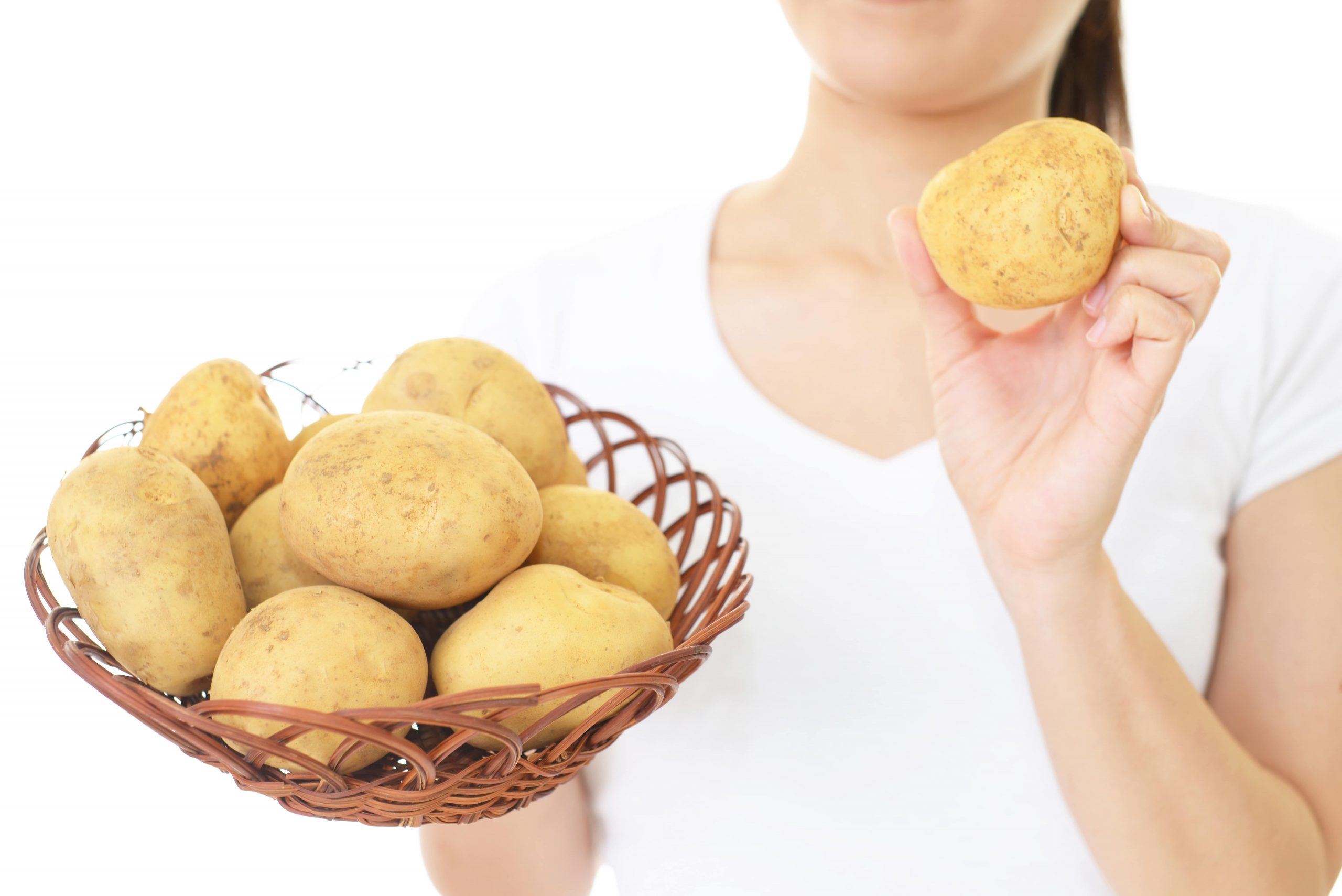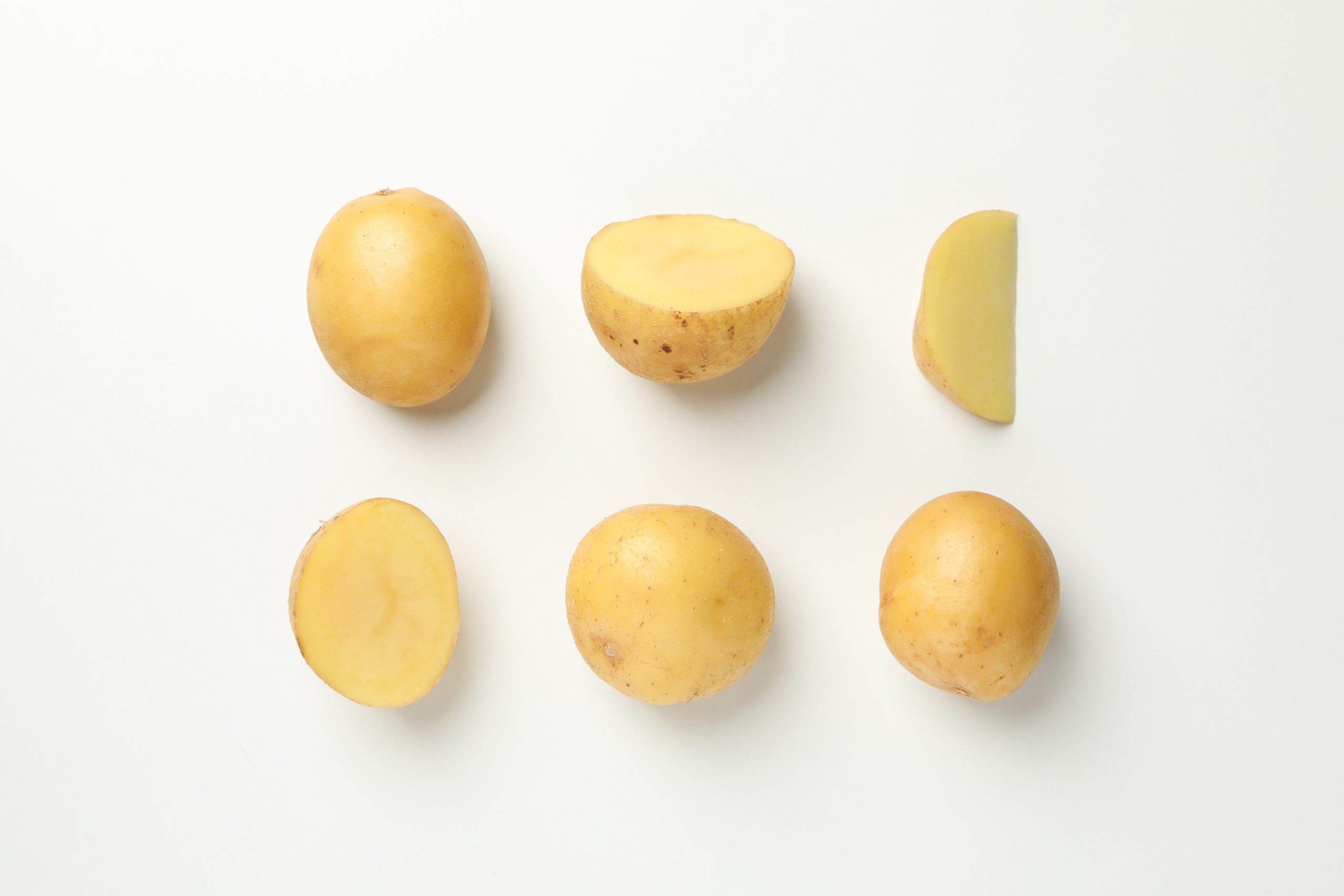Potatoes are great foods, which are rich in antioxidants, resistant starch, fiber, and proteins. However, because of the increased interest in low-carb foods, the popularity of potatoes has fallen below the line. Still, you may wonder whether they are healthy or not.
Potatoes form part of many people’s diets globally, with more than 1,500-2,000 species being grown in some 150 countries. They are valued for many reasons, including the fact that they are naturally cholesterol and fat-free. In addition, they have fibers, antioxidants, and phytochemicals which boost bone health, lower inflammation, and promote heart and organ health. However, many concerns have risen about eating potatoes, including the claims that they could have harmful chemicals and that depending on the cooking method, they can promote weight gain. That said, here is all you need to know about whether potatoes are healthy or not, whether you should make them part of your diet, and what to do to eat potatoes healthily.
Health benefits related to potato consumption
This section explores how your boy benefits when you eat potatoes. Admittedly, potatoes are naturally a boost for health, thanks to the following benefits;
i. Potatoes have a rich nutritional profile
In gauging how beneficial potatoes are to health, the nutritional profile serves as the centerpiece and it is every nutritionist’s main concern. Looking at the nutritional breakdown of potatoes, you will agree that they are indeed healthy. For instance, consuming 173 g of baked potatoes supplies the body with 168 calories, 0 g fat, 37 g carbs, 5 g protein, and 4 g fiber. In addition, you get 20%, 27% 31%, and 37% of the RDI values for manganese, potassium, vitamin B6, and vitamin C. However, the nutritional composition varies with many factors, including the type of potato and the cooking method. For example, boiling or baking potatoes retain the nutrients while frying them alters the composition by adding calorie and fat content.
ii. They are packed with antioxidants
Antioxidants refer to the natural compounds in plants, fruits, vegetables, and beverages that help fight and neutralize free radicals. Free radicals denote the harmful compounds originating from the environment, pollution, and sometimes, metabolism and increase the risk of chronic diseases. Studies have shown that potatoes are rich in antioxidants and phytochemicals, most of which a person can exploit by baking or boiling the potatoes. For instance, they have carotenoids, flavonoids, and phenolic acids which reduce a person’s risk of chronic diseases.
iii. They contain resistant starch
The other reason studies value potatoes is that they are rich in resistant starch. They are insoluble starch, which, because of being indigestible, surpass the small intestines and head to the large intestines, where the gut microbiota feed on them. Interestingly, studies have praised potatoes for this reason, especially because the resistant starch promotes insulin response, reduces insulin resistance, and boosts the cell’s blood sugar control, which ultimately reduces the risk for contracting diabetes type 2.
iv. They are pretty filling
Many people who are trying to lose weight have resorted to eating potatoes since they are incredibly satiating. In two different studies on the satiety index of different foods, potatoes took the top position, beating pasta, rice, and croissants in satiety. In addition, potatoes contain a considerable amount of fiber (4 g in 173 baked Russet potatoes) which slow down their digestion and bowel movement, ultimately reducing hunger and calorie intake.
v. They promote bone health
Studies have shown that potatoes are incredibly good for boosting bone mass and strength, especially naturally-grown baked or boiled potatoes. They have high amounts of zinc, calcium, magnesium, iron, and phosphorus nutrients which promote bone health. For example, while iron and zinc encourage collagen production and maturation, phosphorus and calcium boost bone mass and strength.
vi. They naturally help maintain blood pressure
Increased blood pressure is a risk factor for heart disease, which is why more studies now focus on the natural ways of reducing blood pressure. Thankfully, potatoes have balanced amounts of potassium, magnesium, calcium, and sodium minerals, which are converted to ions in the body to help regulate blood pressure. In fact, taking potatoes helps you meet the 4,700 mg of RDI potassium and reduce your risk of contracting heart disease.
Health risks associated with potato consumption
Based on the previous sections, it is clear that potatoes are good for the body because of their nutritional profile and fiber & antioxidant composition. Still, eating potatoes comes with certain risks, including;
i. They can cause weight gain
Depending on how many potatoes and what forms of the potato you eat, you can put in more weight or shake extra pounds. Remember, potatoes have a good number of calories (168 calories in 173 g baked potatoes), and eating many potatoes puts in more calories increasing your risk of gaining weight. In addition, studies have found that fried potatoes, including French fries, crisps, and chips have extra calories and fats, two nutritional components which contribute greatly to weight gain.
ii. They are packed with glycoalkaloids
Glycoalkaloids are natural compounds found in tomatoes, eggplants, potatoes, and other plants in the nightshade family. When consumed in moderate amounts, they have no harm to the body. However, studies have shown that high amounts of glycoalkaloids, especially chaconine and solanine, which are found in potatoes, are associated with itchiness, increased risk of inflammatory bowel syndrome, drowsiness, and increased body sensitivity.
iii. They may harbor metals
In the modern world, almost everything, including potatoes, is grown with fertilizers. Health experts are now concerned that fertilizer-grown potatoes could be contaminated with heavy metals, including mercury. Due to biomagnification, the metals become concentrated in humans and may harm them in the long run.
How to eat potatoes healthily
We have seen the health benefits and risks associated with potato consumption and it’s up to you to choose whether or not to eat them. Still, if you decide to eat potatoes, you can enjoy them by sourcing for the naturally-grown potatoes which have no possibility of having being contaminated with metals. In addition, because the cooking method matters, bake or boil your potatoes to exploit the nutrients fully. Lastly, keep your consumption moderate to avoid unnecessary weight gain.
Conclusion
Potatoes are a popular food in some 150 countries and are valued for their nutritional value. They are packed with proteins, fiber, vitamins, potassium, calcium, and antioxidants, making them filling and critical for bone and heart health. Still, taking too many potatoes is linked to weight gain, especially fried potatoes with extra calories and fat.
- FDC – Giejo Magazine Article - July 29, 2023
- MoriMa Tea the – Chinese tea culture - April 26, 2023
- Missionary Position – Least Likely To Bring You To Climax - April 7, 2023









